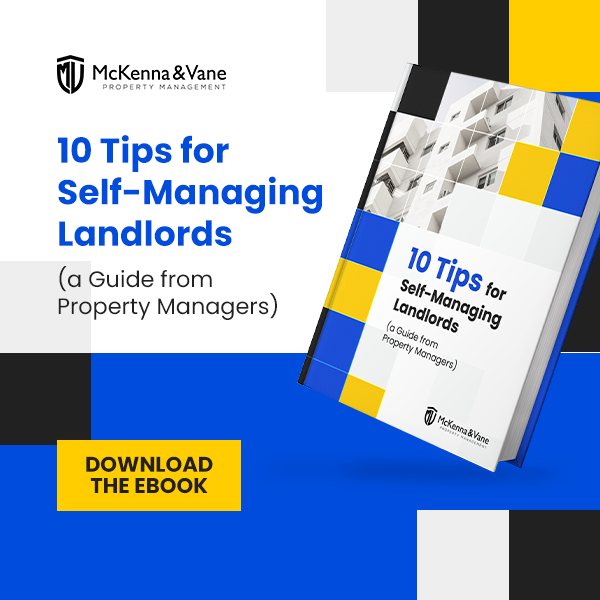Mold in Rental Homes: Landlord Responsibilities
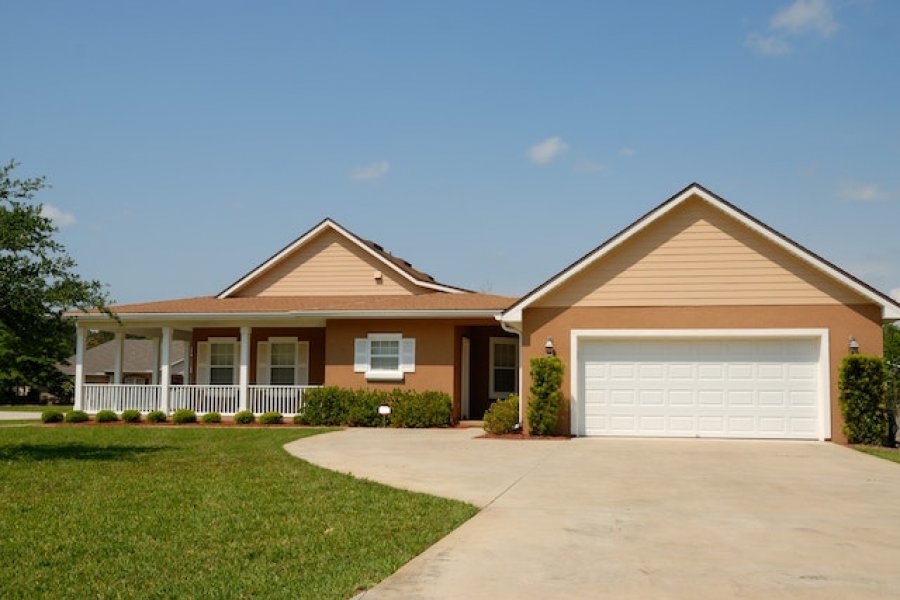
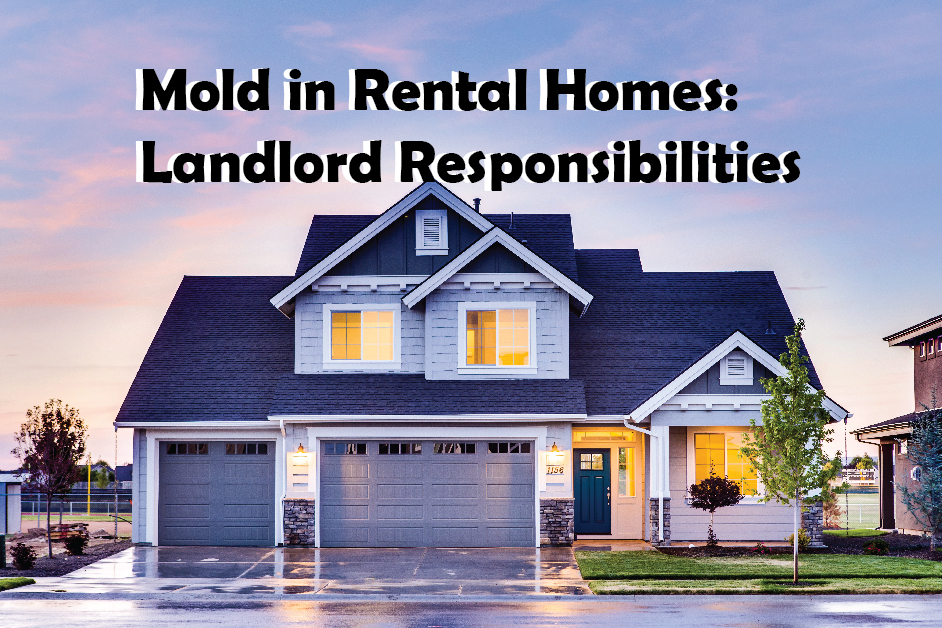
Every landlord needs to take preventing mold growth seriously. Toxic mold exposure, including inhaling mold spores or the development of black mold, can cause serious health issues in addition to unpleasant smells and being an eyesore.
Regular or black mold thrives in multiple regions, and prolonged exposure is a top health hazard and environmental hazard. Most molds grow on any surface with past or present plumbing leaks or damage in your rental property. Preventative measures should always be top priority for the upkeep of these areas to ensure the health of your renters.
In rental homes, mold grows in damp areas like bathrooms, basements, or attics, and it loves warm, poorly lit, minimal air flow areas. Mold is also known to develop in new homes due to moisture in building materials.
Although mold growth is often associated with wet climates, it can develop due to leaky pipes, an unattended spill, or even misguided lawn sprinklers. If you own or manage a rental property in Maryland, mold could present costly cleanup bills or even prompt a lawsuit from affected residents.
So, is a landlord responsible for mold and the damages that come with it? Understanding your responsibilities as a Maryland landlord will make you better prepared for the likely chance of mold in your rental property.
According to Maryland law, landlords in all regions must provide their tenants with a safe and hospitable environment. Maryland is detailed on what is hospitable and what is not. Requirements include, but are not limited to, ensuring properties have heating, electricity, and running water, are rodent-free, and don't possess any structural damage.
But currently, Maryland doesn't have laws that address a landlord's liability or duties concerning preventing and removing mold. That leaves landlords wondering what could happen if mold appears in one of their rental properties and causes a tenant to fall ill. Removing mold as soon as it is detected is the best action to avoid unnecessary legal proceedings and health problems.
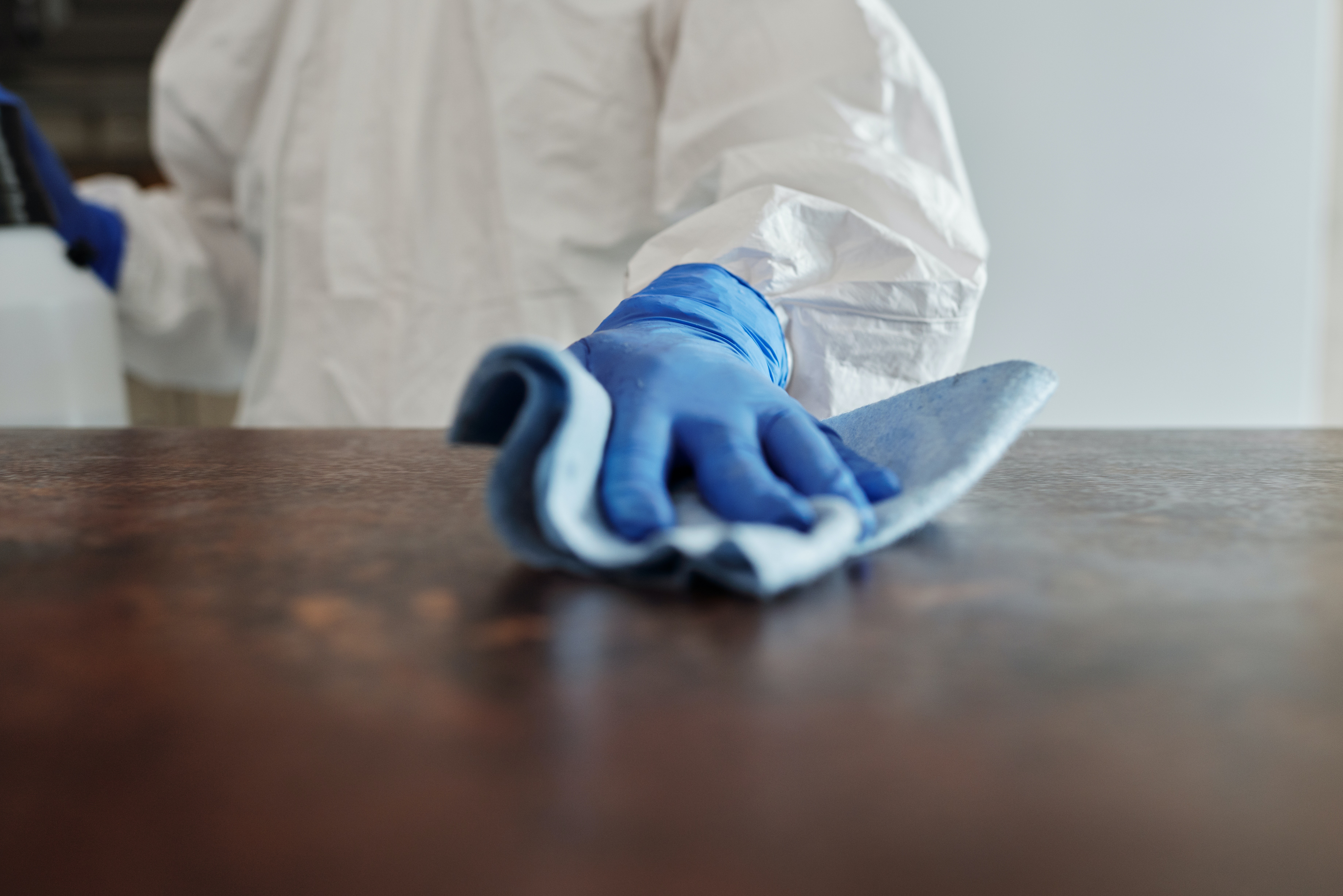
In 2019, approximately 33% of all Maryland residents were renters. With over a third of Marylanders renting, this presents many opportunities for residents to cause a serious problem for their landlord if they do not remove any mold or take action to prevent mold growth.
Renters have a few options for addressing mold issues if they feel their landlords are not maintaining a safe and healthy environment. A landlord may have to compensate a tenant if a judge or jury agrees the landlord neglected their rental property and created a mold problem or let one remain unaltered.
Aside from lawsuits, a tenant may withhold rent if they find mold and claim that it made their home uninhabitable. The "implied warranty of habitability" makes every Maryland landlord responsible for providing habitable living arrangements, regardless of any rental agreement.
Residents may also employ the "repair and deduct" strategy for mold. That allows tenants to fix the mold problem by themselves, or hire a professional mold remediation company, suggests Superior Damage Restoration, and deduct those costs from their future rent payments. Both strategies can be averted if rental units remain mold-free by routine maintenance.
The issue needs to be addressed within 30 days if a tenant reports mold. In Maryland, a tenant can move out without bearing responsibility for future rent if the landlord fails to respond to any maintenance requests, including ones involving mold.
Every landlord wishes to keep their rental unit in immaculate shape, but it can be expensive to remove mold, while also having the potential to heavily damage the rental property. That's why tenants and landlords need to work together to prevent toxic mold in a rental.
Understanding the difference between mold caused by a tenant and mold caused by outside circumstances is essential, especially if you wish to charge tenants for mold damage.
There are certain instances where tenant behaviour causes the problem, meaning that renters can be responsible for mold removal costs. If a tenant doesn't ventilate a bathroom during and after showering, mold can develop quickly in shower tiles and on walls and ceilings and bring potential health effects.
Residents can prevent mold from developing this way by opening windows, doors, and running fans. Also, failure to clean walls, fans, carpets, and floors can cause a mold infestation to grow and spread over days.
Sometimes tenants don't report a leaky roof, musty odor or other water-related or mold-indicative issues to their landlords. If tenants don't inform their landlords of excess moisture and subsequent mold develops, they can be held responsible for mold cleanup and damages.
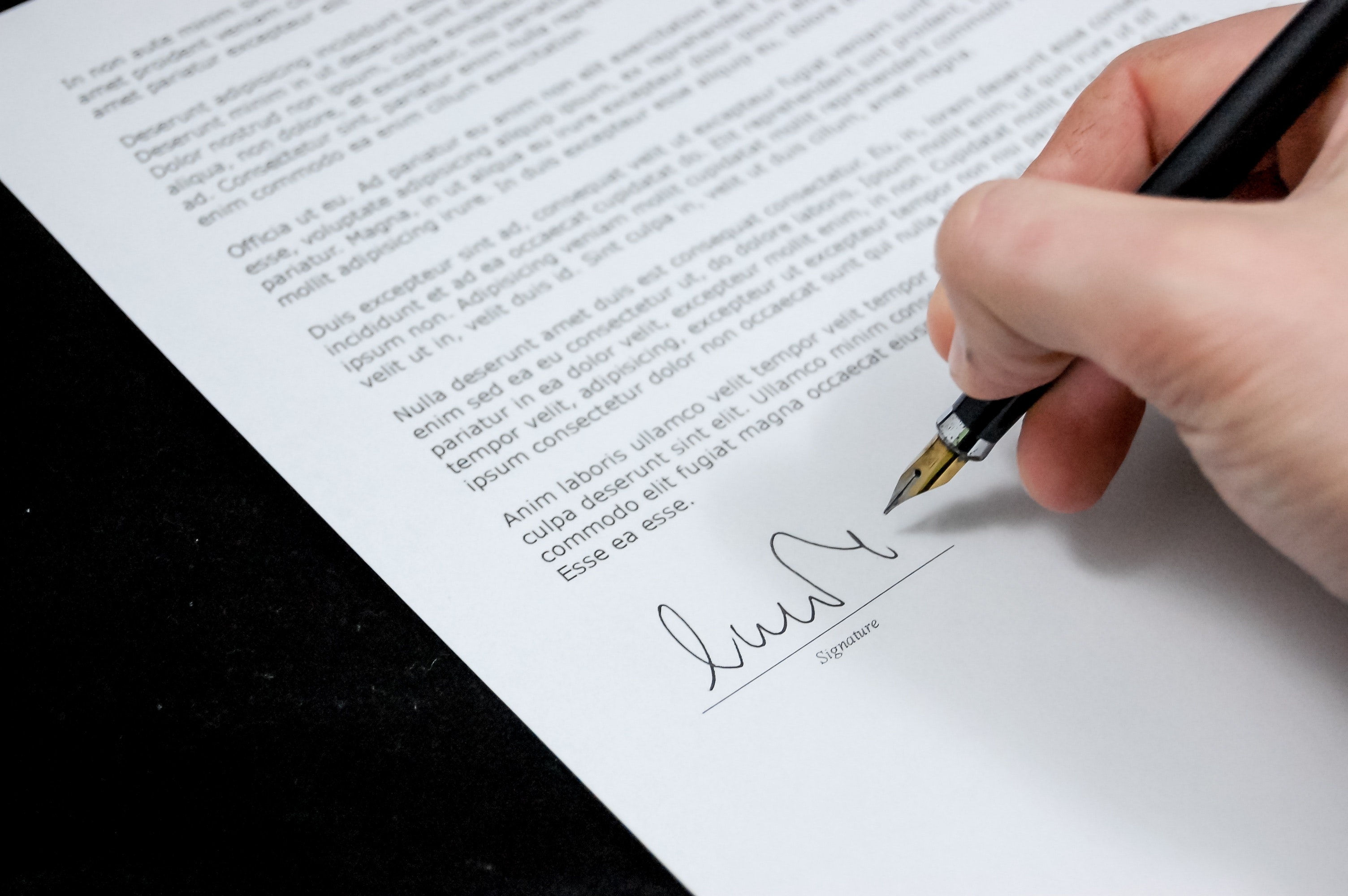
A landlord can charge the tenant or deduct the funds from their security deposit if a mold issue is caused by a lack of upkeep or failure to maintain a certain level of cleanliness.
Maryland law allows this as long as rental property owners provide tenants with a written explanation of mold remediation costs and any other charges related to tenant-caused mold development. However, the landlord should deliver it to tenants within 45 days of their lease agreement termination.
Although not explicitly stated in Maryland or federal law, landlords are required to provide mold-free environments for their residents. Routinely checking your buildings or property's plumbing and drainage systems can prevent undiscovered mold and moisture from accumulating in ceilings and walls.
If you ignore a mold problem, the following events will provide a headache and more time and effort than the original excess moisture problems. It is both the tenant's and landlord's responsibility to keep their environment mold-free. Early elimination of excess fluid will prevent landlords and tenants from seeking legal or financial action.
